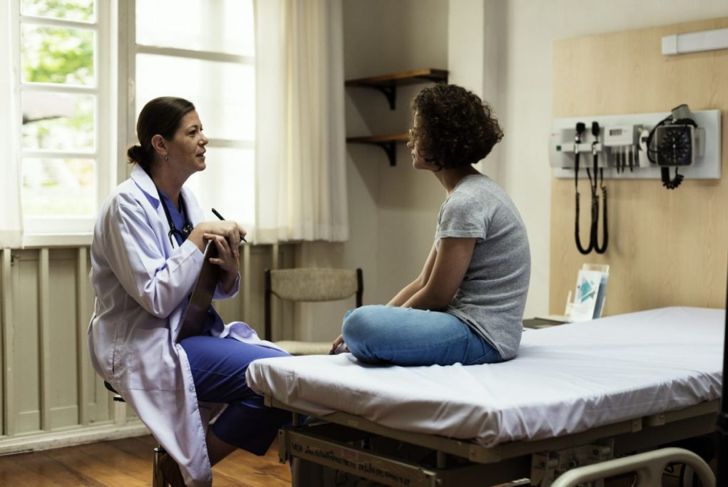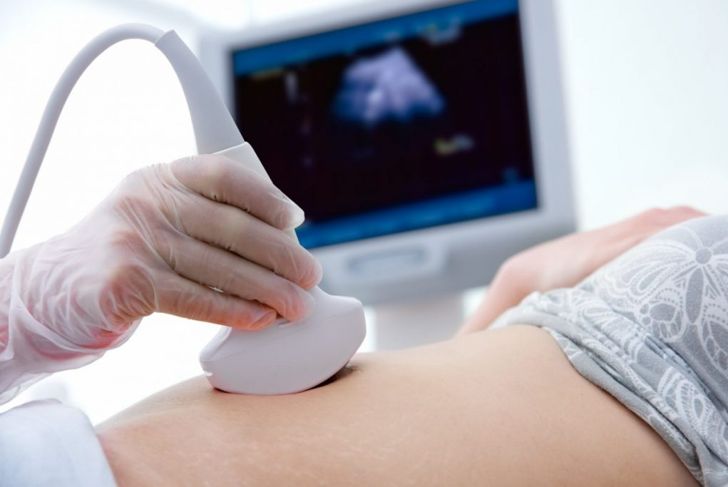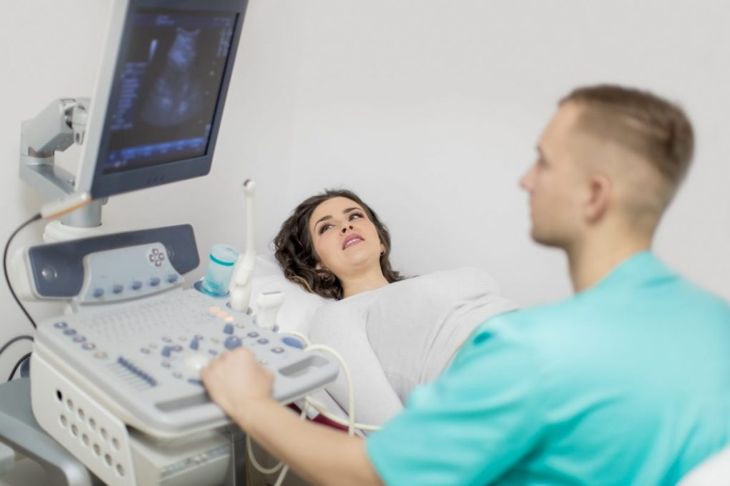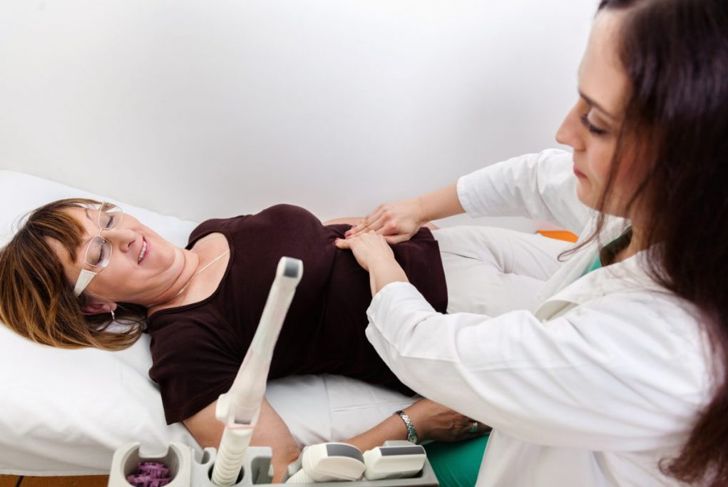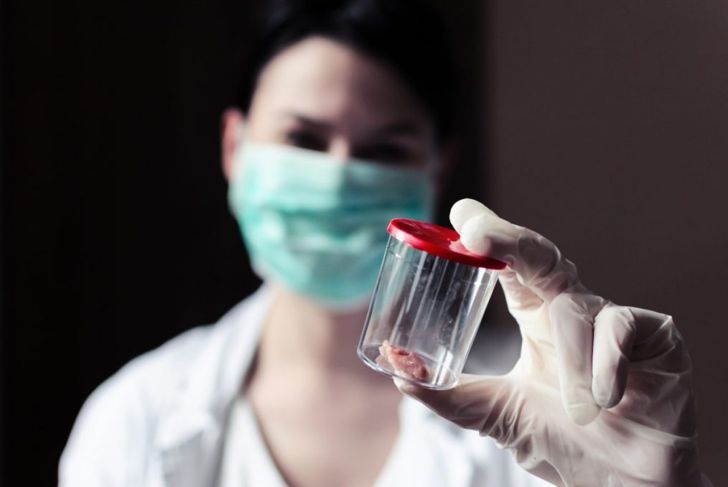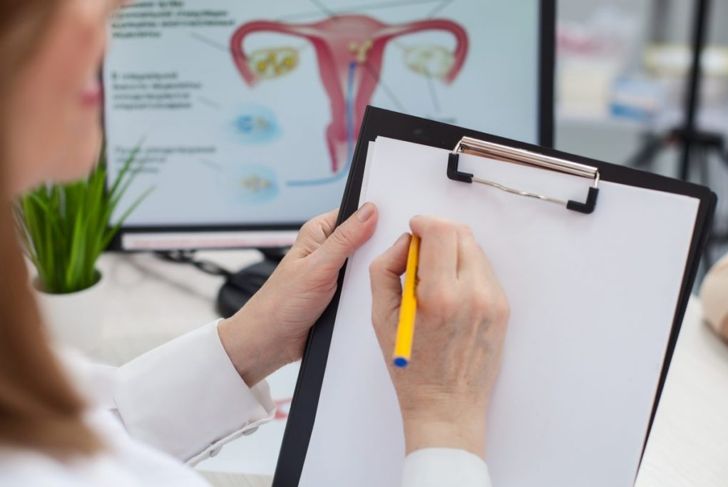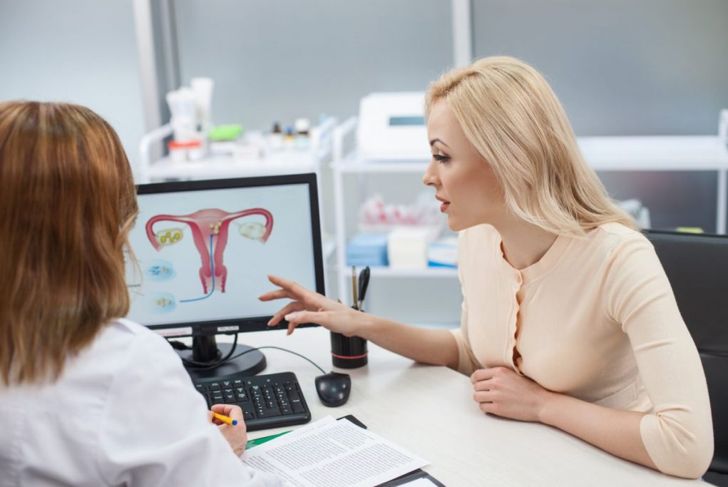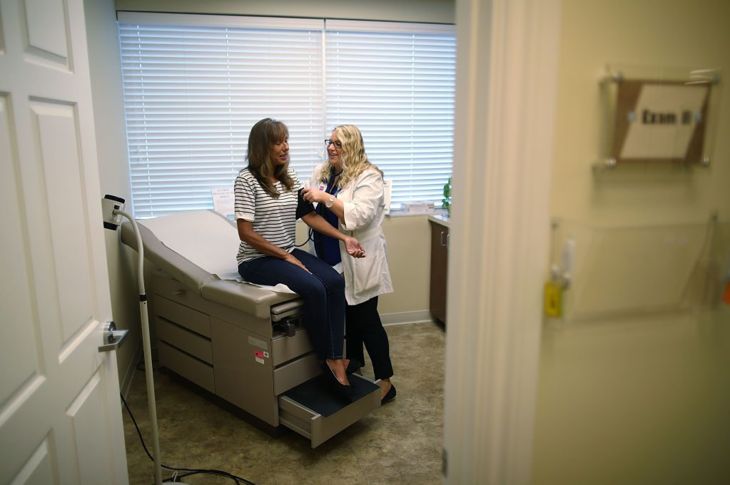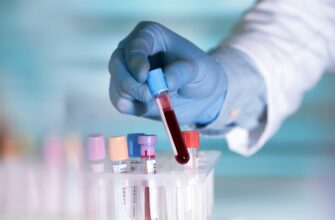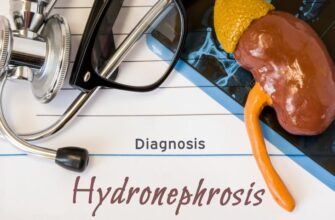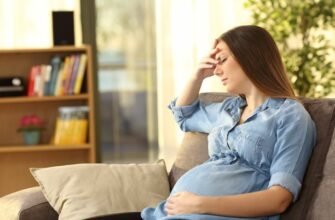Uterine polyps or endometrial polyps are growths that become attached to the walls or lining of the uterus. This condition can occur when cells become overgrown or when a woman does not have a regular menstrual cycle to facilitate the shedding of the uterine lining. Uterine polyps can vary in size, with the smallest being only a few millimeters wide. The growths mostly occur in women who are going through menopause but can also develop in younger women.
How Are Uterine Polyps Diagnosed?
Doctors use a variety of tests to diagnose uterine and endometrial polyps. The first test is a transvaginal ultrasound. This is done vaginally using a wand-like device that emits sound waves to create a picture of the uterus. If the patient has any polyps, the ultrasound will detect them. Another form of this ultrasound uses salt water injected into the uterus to create a more transparent image. Hysteroscopy is another common test that involves inserting a tiny telescope through the vagina and cervix. Lastly, the doctor may choose to perform an endometrial biopsy, using a suction catheter to retrieve a small sample for testing.
Can I Treat Polyps with Medication?
In some cases, doctors treat polyps with medication including hormone-based drugs that help reduce the symptoms. The medications used are only safe for the short-term; the doctor may discuss other treatment options as, after the course of medication, there is a chance that the polyps can return.
Can I Still Get Pregnant?
If a woman with uterine polyps is trying to get pregnant, her medical provider will have to remove the growths. Uterine and endometrial polyps can make it difficult to get pregnant and carry a baby to term. It is essential to have a polyp-free uterine cavity and uterus lining before conceiving a baby.
Can Polyps Become Cancerous?
In most cases, uterine polyps are benign, meaning that they are not cancerous. There are some cases, however, where the polyps become cancerous. Some types of uterine cancer show up as uterine polyps. If the doctor finds any polyps, they will be removed and sent to a lab for testing to ensure they are not cancerous.
What Are My Treatment Options?
Sometimes, the doctor will suggest the individual wait to let the polyps go away on their own, usually after the chance of cancer has been eliminated through testing. Depending on the symptoms, surgery may be the best option. The polyps are generally removed during a hysteroscopy because the doctor has the best possible view of them during such a procedure.
What are the Symptoms of Uterine Polyps?
Some women may experience no symptoms, so it is important to have yearly pelvic exams and pap smears to check for irregularities. Uterine polyps can cause a variety of symptoms involving the menstrual cycle, including irregular or unpredictable periods, or spotting between periods. Flow may change and become heavier or lighter. Women with polyps who have gone through menopause may bleed unexpectedly. The growths can also cause problems with fertility.
When is Surgery Recommended?
In some cases, surgery may be the best option to remove uterine polyps. The doctor will usually make this decision based on the type and severity of the symptoms the woman is experiencing. Patients who undergo surgery for uterine polyps may experience pain similar to cramping during their period, following removal.
How Do Uterine Polyps Affect Fertility?
The research on uterine and endometrial polyps has shown a correlation between polyp diagnosis and infertility. Women who want to have children should have any existing polyps removed, even if they are not causing problematic symptoms. Removal will increase fertility rates.
When Should I See A Doctor?
Women who notice bleeding after menopause, irregular cycles, or bleeding in between periods should schedule an appointment to find the cause. Regular pelvic exams and pap smears will also help to keep polyps away. There is a chance polyps can travel outside of the uterus, but a pelvic exam can still find them.
What are the Risk Factors of Uterine Polyps?
There are some risk factors for uterine and endometrial polyps. High blood pressure is known to be one cause of polyps in the uterus. Obesity may also play a role. Additionally, women who have gone through menopause have a higher risk of developing uterine polyps, as do women taking medications for breast cancer.

 Home
Home Health
Health Diet & Nutrition
Diet & Nutrition Living Well
Living Well More
More